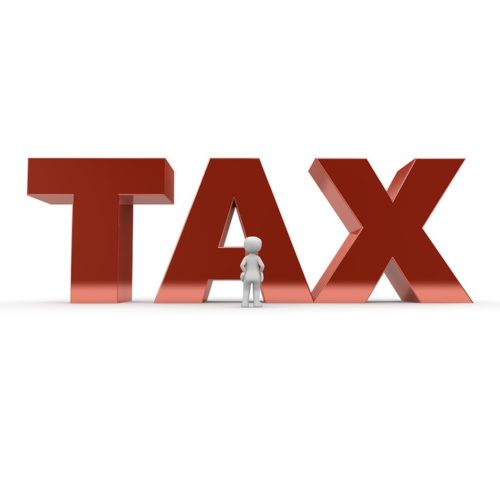Program begins October 1, 2019 and runs until November 15, 2019
SPRINGFIELD — Illinois taxpayers who incurred tax liabilities between July 1, 2011 and June 30, 2018 may be eligible for the one-time tax amnesty program. Beginning October 1, 2019, eligible taxpayers who pay their eligible tax liabilities in full will have associated penalties and interest waived. Taxpayers have until November 15, 2019 to make a full payment on their liabilities and file the required paperwork with the Illinois Department of Revenue (IDOR).
“Now is an excellent opportunity for taxpayers with tax liabilities to pay what they owe and come into compliance with the law,” said David Harris, Illinois Department of Revenue Acting Director. “By taking advantage of this amnesty program, taxpayers can eliminate any eligible tax debts owed, without penalty or interest. This allows them to have a clean tax slate with the State of Illinois. The Department of Revenue is committed to achieving a tax system where everyone pays their fair share and citizens can trust they are treated equitably. This one-time amnesty program helps us achieve that goal.”
During budget negotiations this year, Governor Pritzker proposed a tax amnesty program for taxpayers who have state tax liabilities, and the General Assembly agreed to include the program as part of this year’s fiscal budget. The Governor’s Office of Management and Budget estimates the tax amnesty program will recover $175 million in outstanding tax liabilities.
To participate in Illinois’ Tax Amnesty Program, taxpayers must pay all outstanding tax on an amnesty qualifying period in order to have eligible penalties and interest waived. Taxpayers who failed to file during the original filing period will need to file an original return in addition to making full payment of tax due. For taxpayers who want to report changes to previously filed returns, an amended tax return and full payment of tax due are required. The tax amnesty program includes most types of tax liabilities and penalties, but excludes taxes not collected by IDOR, such as property or local government taxes, and some fees, such as bad check fees and outside collection agency fees.
IDOR is in the process of mailing notices to certain eligible taxpayers listing their liabilities and giving instructions on how to pay. Phone calls should be directed to the number listed on the taxpayer’s notice. Taxpayers, including those who do not receive a notice from IDOR, seeking additional information should visit IDOR’s TaxAmnesty web page located at tax.illinois.gov.



